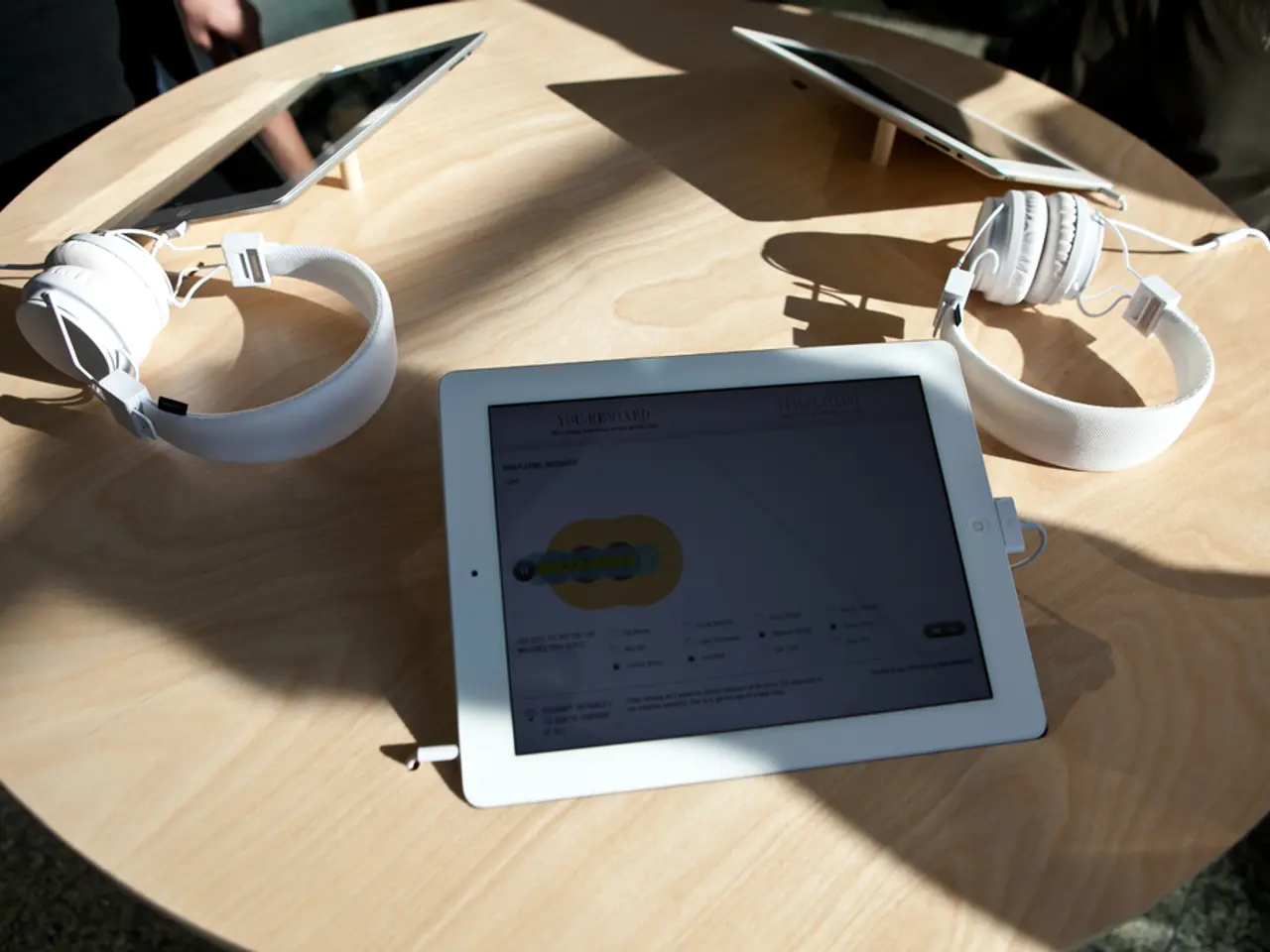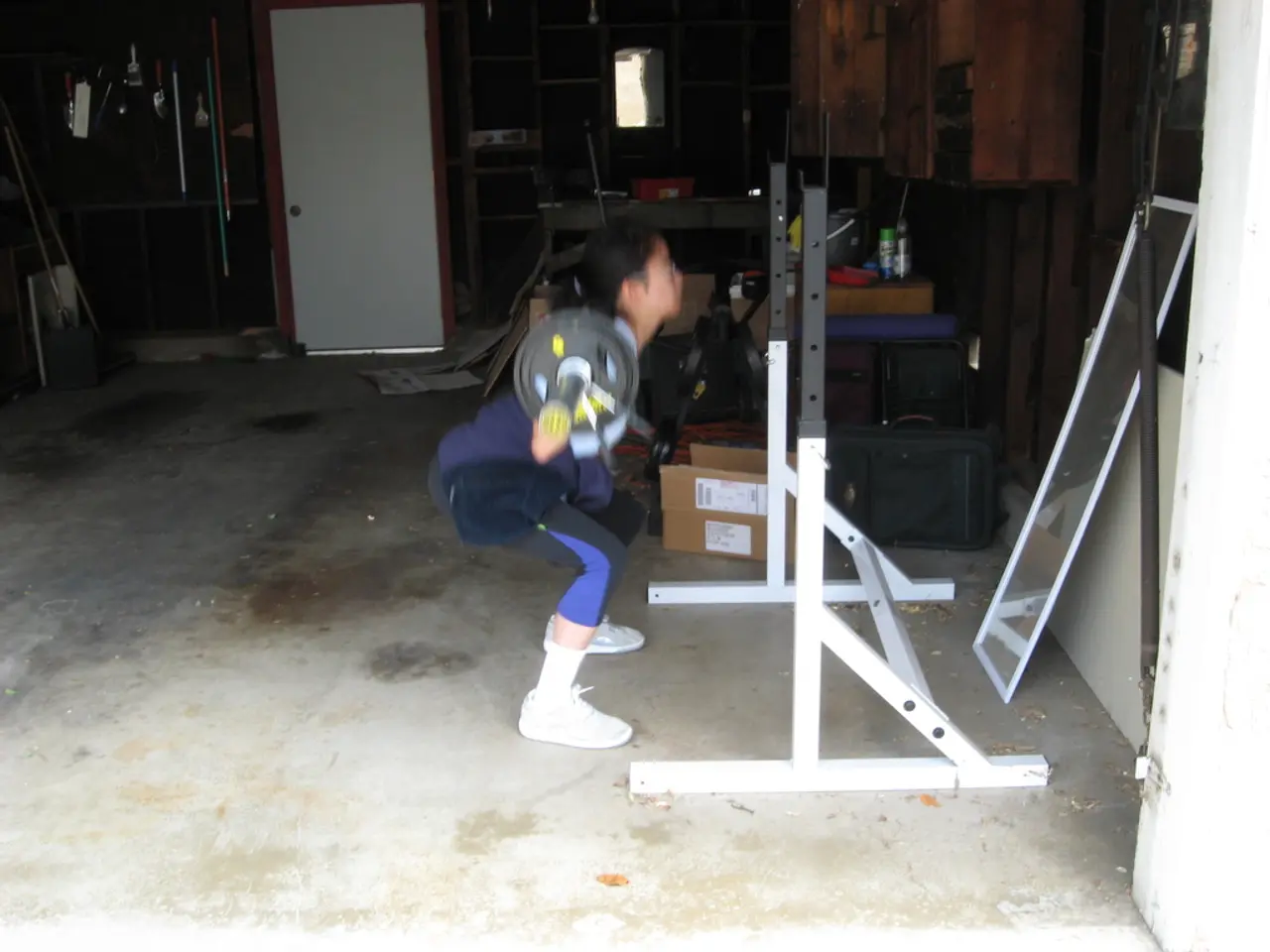Internet of Medical Things (IoMT) Transforms Healthcare Landscape
The world of technology is rapidly evolving, and one area that's seeing significant growth is the Internet of Medical Things (IoMT). This specialized subset of the Internet of Things (IoT) is revolutionizing healthcare delivery, particularly in patient monitoring, remote care, diagnostics, and hospital management.
IoMT refers to the network of interconnected medical devices and applications that collect, transmit, and analyze medical and health-related data in real-time. Unlike the general IoT, which connects everyday objects, IoMT focuses on healthcare-focused devices such as wearable health trackers, smart implants, remote monitoring devices, smart hospital equipment, and ingestible sensors.
The growth of IoMT is primarily driven by the increasing demand for remote patient monitoring and virtual care options, highlighted by the COVID-19 pandemic's emphasis on remote healthcare delivery. Additionally, the adoption of wearable medical devices and AI-powered diagnostics, advancements in 5G networks and cloud platforms, and government initiatives promoting digital health adoption are fueling market expansion.
The global IoMT market is projected to reach $814 billion by 2032, with over 83% of healthcare organizations adopting or planning to adopt IoMT solutions. Some of the key technologies driving this growth include wearable health monitors, remote monitoring tools, smart hospital equipment, AI and machine learning, cloud computing, and 5G connectivity.
These technologies are enabling a shift from periodic check-ups to continuous patient monitoring, improving early detection, reducing hospital readmissions, and enhancing operational efficiency in healthcare systems. For instance, Fitbit activity trackers can more accurately evaluate patients with ischemic heart disease by recording heart rate and accelerometer data simultaneously.
Moreover, IoMT is streamlining clinical workflow management and improving patient care, both inside care facilities and in remote locations. IoMT kiosks provide connectivity to care providers, enabling clinicians to monitor and treat patients remotely, particularly beneficial for rural communities.
The smart wearable device segment of IoMT, including smartwatches and sensor-laden smart shirts, made up for the largest share of the global market in 2018. Internet-connected devices in healthcare are designed to improve efficiencies, lower care costs, and drive better outcomes.
IoMT technology is helping to reduce costs in the healthcare industry, with an estimated annual savings of $300 billion. The global IoMT market was valued at $44.5 billion in 2018 and is expected to grow to $254.2 billion in 2026.
The evolution of IoMT is also paving the way for the integration of new technologies such as smart pills containing microscopic sensors that transmit data to connected devices, aiding in medication treatment effectiveness and patient health monitoring.
In summary, IoMT is IoT tailored to the healthcare environment, focused on medical devices and applications that improve patient care through real-time data. Its market is expected to grow substantially due to demand for virtual care, advances in connectivity and analytics, and supportive government policies. This convergence of IoT and healthcare is creating smarter, more proactive, and personalized medical ecosystems.
Science plays a significant role in the advancement of medical-conditions management through the growth of IoMT, a specialized subset of the Internet of Things that focuses on health-and-wellness devices and applications. Technology, particularly AI-powered diagnostics, 5G networks, and wearable medical devices, is driving the expansion of the IoMT market, estimated to reach $814 billion by 2032.




